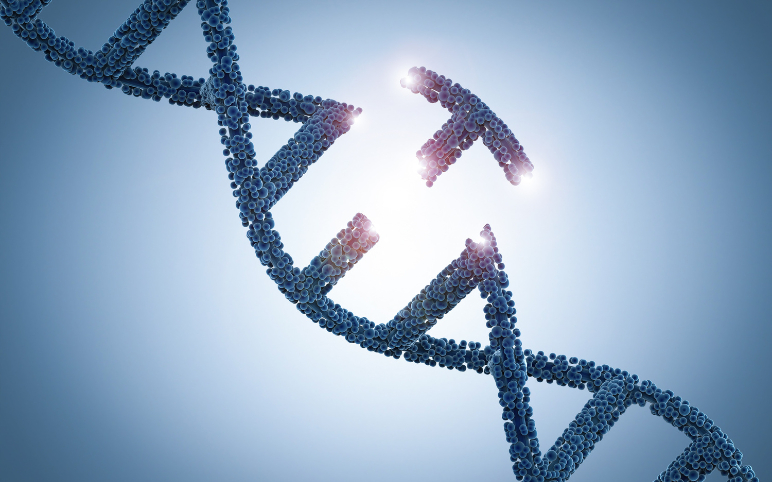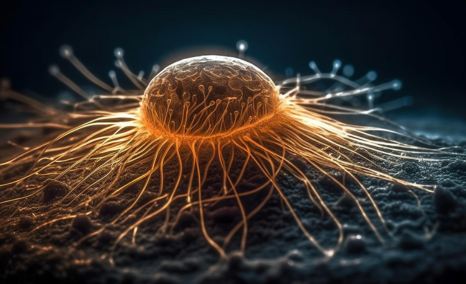DelveInsight’s Genitourinary Sex hormones based Gene Therapy Reports
Dec 20, 2014
Table of Contents
Gene Therapy’s buzz in the field of Genitourinary disorders!
About Genitourinary disorders
Genitourinary disorders study of diseases of the prostate, bladder, kidney, testis, and related organs such as the penis, retro peritoneum, and adrenal glands. Genitourinary disorders are a major health problem that seriously affects the quality of life of patients and their partners. There are more patients with bladder dysfunctions related to its primary function of urine storage and voiding than cancer. These include: lower urinary tract symptoms (LUTS), interstitial cystitis (IC), overactive bladder (OAB) and urinary incontinence (UI) etc. Another urological problem is erectile dysfunction (ED). Although not life threatening by itself, ED and bladder dysfunction are a strong indicator of other life threatening diseases such as coronary artery disease and cardiovascular disease.
Gene Therapy: Role in Genitourinary diseases
Most current therapies for these genitourinary conditions are palliative rather than therapeutic. Gene therapy however, may provide a way to cure the disease. The application of gene therapy in the field of genitourinary disorders is not limited to cancer therapy but is also being evaluated for non-cancer related bladder dysfunctions as well as erectile dysfunction (ED).
Downloads
Click Here To Get the Article in PDF
Recent Articles
- Business Cocktail
- C4X Discovery and AstraZeneca Signs Deal; FDA Rejects Spectrum’s Poziotinib; Orphan Drug Designat...
- EMA to relocate to Amsterdam; Roche’s prospects; Amgen’s Humira Biosimilar delayed; Purdue’s opio...
- Gene Therapies as a Game-Changer in Ophthalmology: Eyeing the Future
- DelveInsight’s Oncology based Gene Therapy Reports
Maxi-K therapy is a unique, locally administrated gene-transfer technology to treat erectile dysfunction (ED). The safety and the restorative effects of the treatment have been shown by data from participants in a clinical trial.
Gene Therapy: The Market Scenario
A growing number of partnership between Big Pharma companies in drug development like between Novartis and Quark are driving the new gene therapy research in the field of urology. Currently Ion channel Innovation is working to discover and develop novel treatments for genitourinary disorders. Maxi-K is the lead compound being developed under the field of genitourinary disorders. Only two clinical trials are listed for urological conditions unrelated to cancer. One is the clinical trial for ED and the other is a trial for overactive bladder syndrome. Both trials used plasmid DNA carrying the calcium activated potassium channel. The results of the clinical trial for ED indicate the safety of this delivery system. This has led to an increase in the global market opportunities for gene therapy with more companies focusing in this field.
DelveInsight’s Gene Therapy Reports
DelveInsight’s Gene Therapy Reports cover the entire gene therapy market insights for genitourinary disorders including technology assessments, licensing opportunities, collaborations, market trends, pipeline coverage and competitive landscape. The report essentially provides DelveInsight’s proprietary market and pipeline analytics which identifies the front runners in this therapeutic area. It also identifies the potential market movers and future regulatory landscape.
Downloads
Article in PDF
Recent Articles
- Metachromatic Leukodystrophy (MLD): A Rare Indication with great unmet medical need
- Antibody-Drug Conjugate Market Outlook, 2015 Report in Market Now!
- Anticoagulants: Market Analysis and Drug Sales Projections (VTE & AF)
- Are you ready to embrace Gene Therapy?
- FDA approves; Sun Pharma Recalls; Mezzion filed; Sanofi’s antibody to treat




